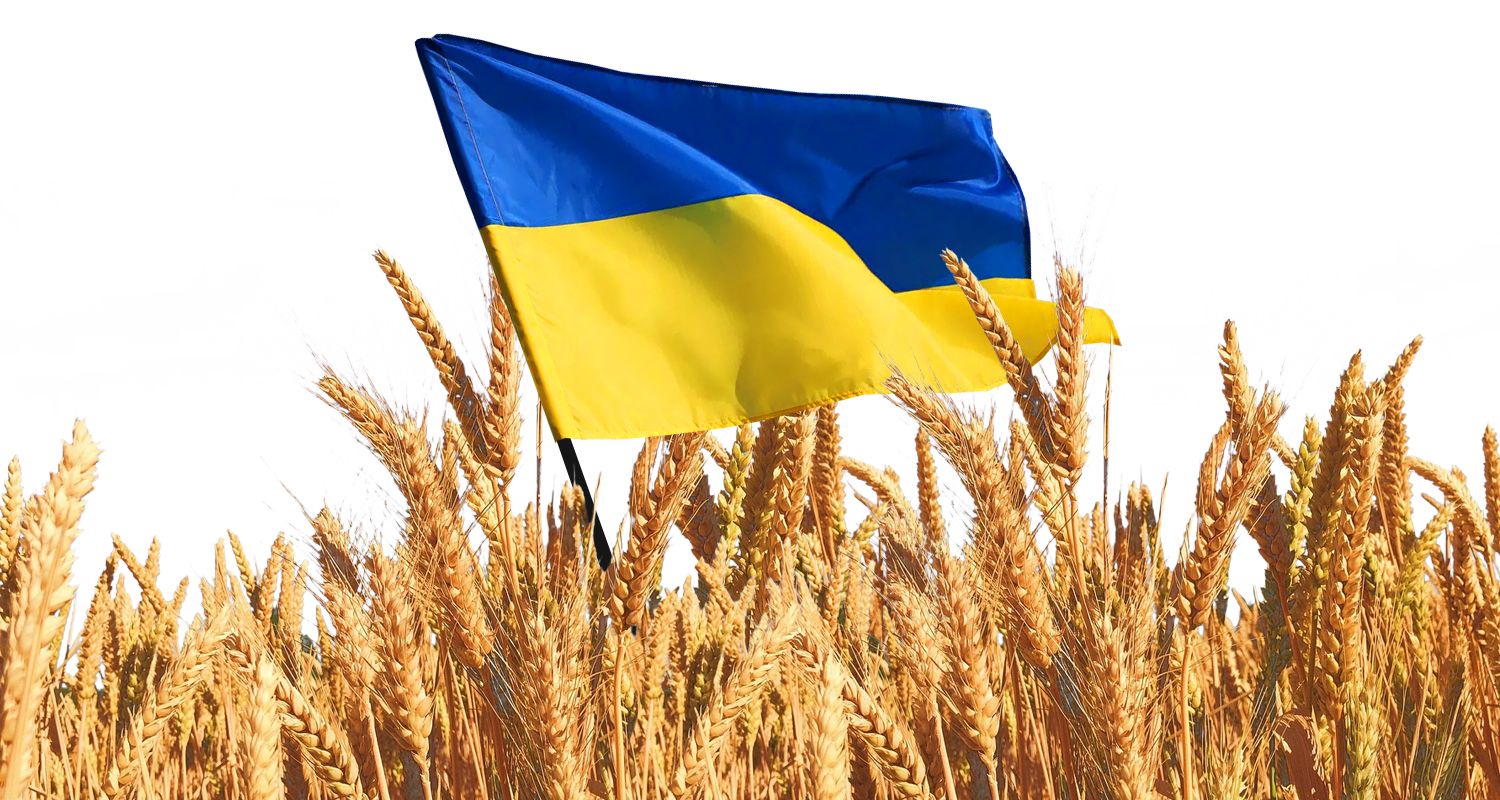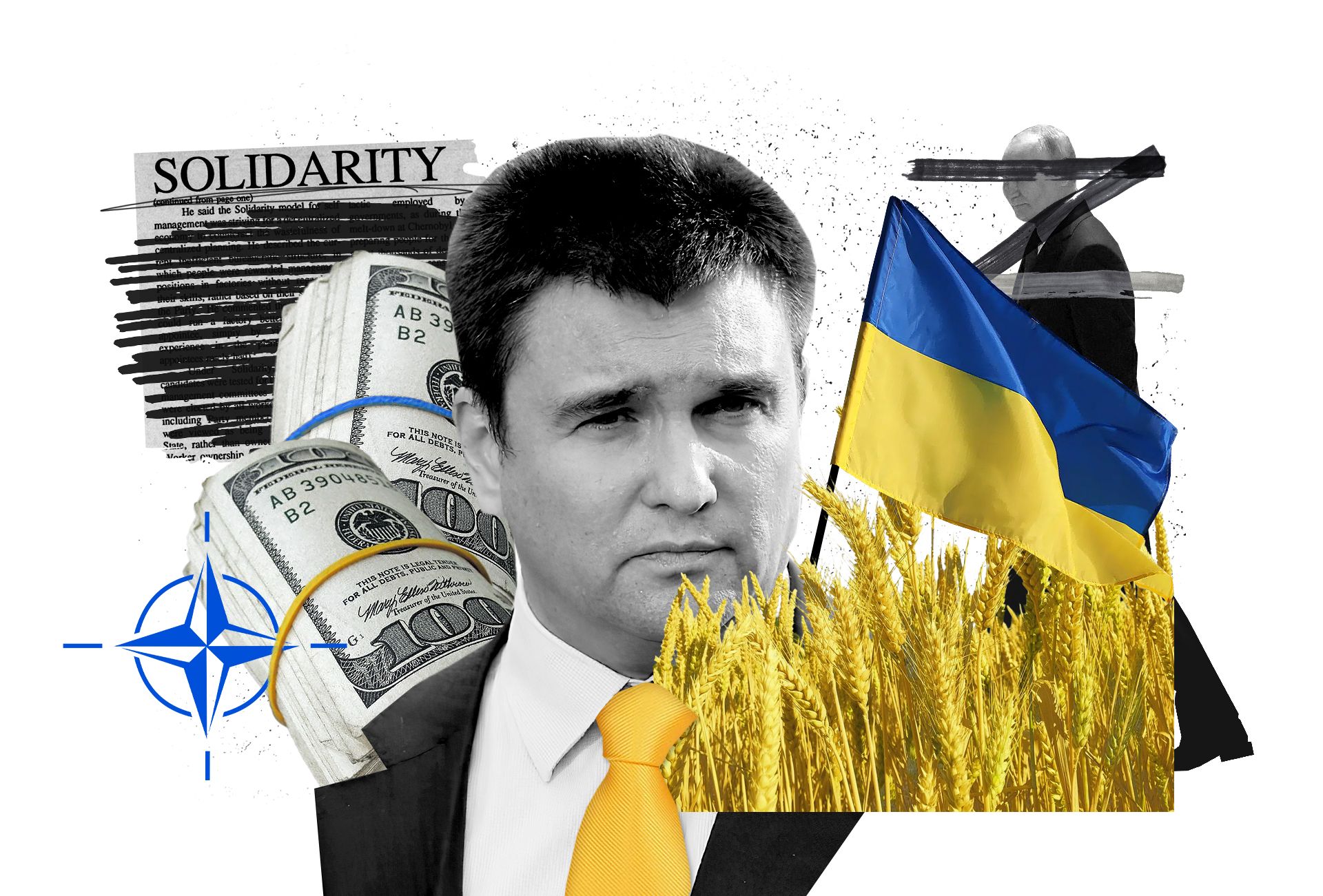The former Ukrainian Minister of Foreign Affairs told Hype&Hyper that a successful Ukraine is a threat to Putin’s ideology, Hungary should be more empathetic, a new format of Central European cooperation is needed, and an existing Russian society would be beneficial, but there is only a mass of irresponsible people. Exclusively for Hype&Hyper.
Vladimir Putin recently visited Mariupol. Will he have the chance to visit the city again next year?
I hope not. I sincerely hope he won't be involved in resetting any Ukrainian town. And I really hope that he will be taken to the International Criminal Court. Is it feasible practically? We don't know, but the arrest warrant for him is legally binding. Political blow, of course, but it's also a moral blow, and Putin should feel this. I believe the Russian elites should also clearly understand now that they are led by a charged dictator. Putin is not yet convicted, but he is already judged morally, and this is a way to nowhere – even the Chinese leader started teasing him during their last meeting. I am absolutely sure that Russian society will support Putin's regime in the next elections, and the Chinese leader has also announced their support for Putin and his party. The question is, why? Polls show that 70% back the Russian President, even in Moscow, so why does he need Chinese support? The situation is like in the Middle Ages when kings went to the Pope to get permission to rule. In this case, the permission comes from the Chinese leadership. It's time to understand that this regime can be kind of a partner for everyone, and it's also a question of how we understand solidarity. That’s why we keep saying that we need more solidarity from Hungary. We respect the Hungarian policy regarding the support of Ukraine, but it sounds quite weird that if Budapest is behind the tenth package of sanctions against Russia, and we are grateful for that, then why does Hungary not supply munitions and military aid to Ukraine? I understand that it’s sensitive for the government to give weapons directly. Still, it’s a bit weird if you are ready to pull up forces regarding consumption, but you are not ready to pull up forces around munitions. However, the concept of solidarity is broad. What is Europe about? Europe is based on clear values and on solidarity. What kind of solidarity is between China and Russia? No solidarity, just pure interest. I'm not blaming anyone, and we can see the Hungarians as friends and neighbors, not as enemies, but I must be honest, we need more solidarity from Hungary.
Russian leaders sincerely believe in the destruction of Ukraine because a successful Ukraine would be a threat to their regime. Why?
Because it's a part of Putin’s ideological skeleton to have Ukraine and Ukrainians as part of Russia and Russians. He believes that Ukrainians are Russians funded by the West, by the Americans, and he despises any sort of Western values. Putin fundamentally underestimated the region, and he fundamentally underestimated the West in his war. He believes that any story of a successful Ukraine would blow up his regime because the Russians, not now or tomorrow, but at some point, will realize that they are going nowhere. From a Russian point of view, Ukrainian society has empathy, and the Russian doesn’t have empathy, meaning we have different social intelligence. Ukraine is in a difficult situation, but the society funds and collects a lot of money, not only for military forces, not only for adult people, but also for companies, animals, and little kids. Basically, we have to take care of ourselves and our friends. Thus, it is a fundamental fact that Ukraine is a success story.
Polish support for Ukraine is huge—after the war, can a Polish-Ukrainian alliance emerge, functioning as a kind of Central European ‘superstate’?
First, Hungary should realize that the future is about a new Central European region because there is a need for a new sense of partnership. This new model for the region is indispensable. I have always had conservative values; Ukraine is a conservative country like Poland and also other countries in the region. We could create a new community who are open to each other, ready to fight for their values, and able to fundamentally shape Europe's future. But it's ridiculous to see our partnership as it is right now. So, I believe Hungary should see this new partnership as an opportunity that it can seize.

How do you imagine the future of Central Europe? You said in an interview that the V4 structure is outdated. Why? What is the future? The Three Seas Initiative?
No, of course not; it should be totally shuffled. Ukraine should be part of the new format in Central Europe, and we need to work on how this format should look like. One idea would be a totally reshuffled Three Seas Initiative by making a larger Central European universe. We are open to any ideas.
Does Russian society also believe in the destruction of Ukraine? How do you describe the general mental condition of Russians?
I would like to see a Russian society because, in such a case, we would be able to talk to the representatives of the Russian society, but unfortunately, what we have now is only a Russian population. It's a mass of people who are not ready to take up responsibility, a lot of cruel people who are not capable of empathy. People who like to be led rather than being leaders. Of course, there are many exceptions, but there is a mainstream, and the mainstream is about the population, not about society. I sincerely want to have a fundamental change in Russian society, whether it's possible or not.
As many people flew due to the war, Ukraine's population has drastically declined; conscription is still going on, and the question arises—who will work? Who will work in Ukraine in the present and the future? According to one company, 16 out of 100 people taken away have returned: how will the labor market recover?
Our people and our business sector showed amazing resilience and a sense of adaptation. I saw businesses where workers were sitting without electricity but still running the business. And nobody was complaining. “We need the end of the war” – I heard it from no one. Of course, we need financial assistance because the economy is not totally functioning, but if we can cooperate with the European Union and the US, it will be totally feasible due to resilience and adaptability to other industries.
Pavlo Anatoliiovych Klimkin is a Ukrainian diplomat who served as Ukraine’s Minister of Foreign Affairs between 2014 and 2019. He studied physics in Moscow and worked in the Ukrainian Foreign Ministry since 1993, with positions including Director of the Department for the European Union and Deputy Foreign Minister in the First Azarov Government, where he played a central role in negotiating the European Union–Ukraine Association Agreement. MCC (Mathias Corvinus Collegium) invited and hosted him in Budapest.

A book exploring the wardrobe of the TV show ‘Euphoria’

Hello Wood architect summer school returns with Karim Rashid and Arthur Mamou-Mani










